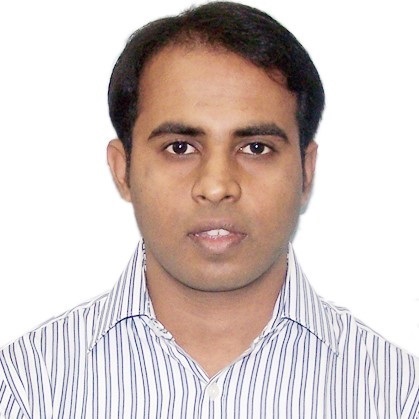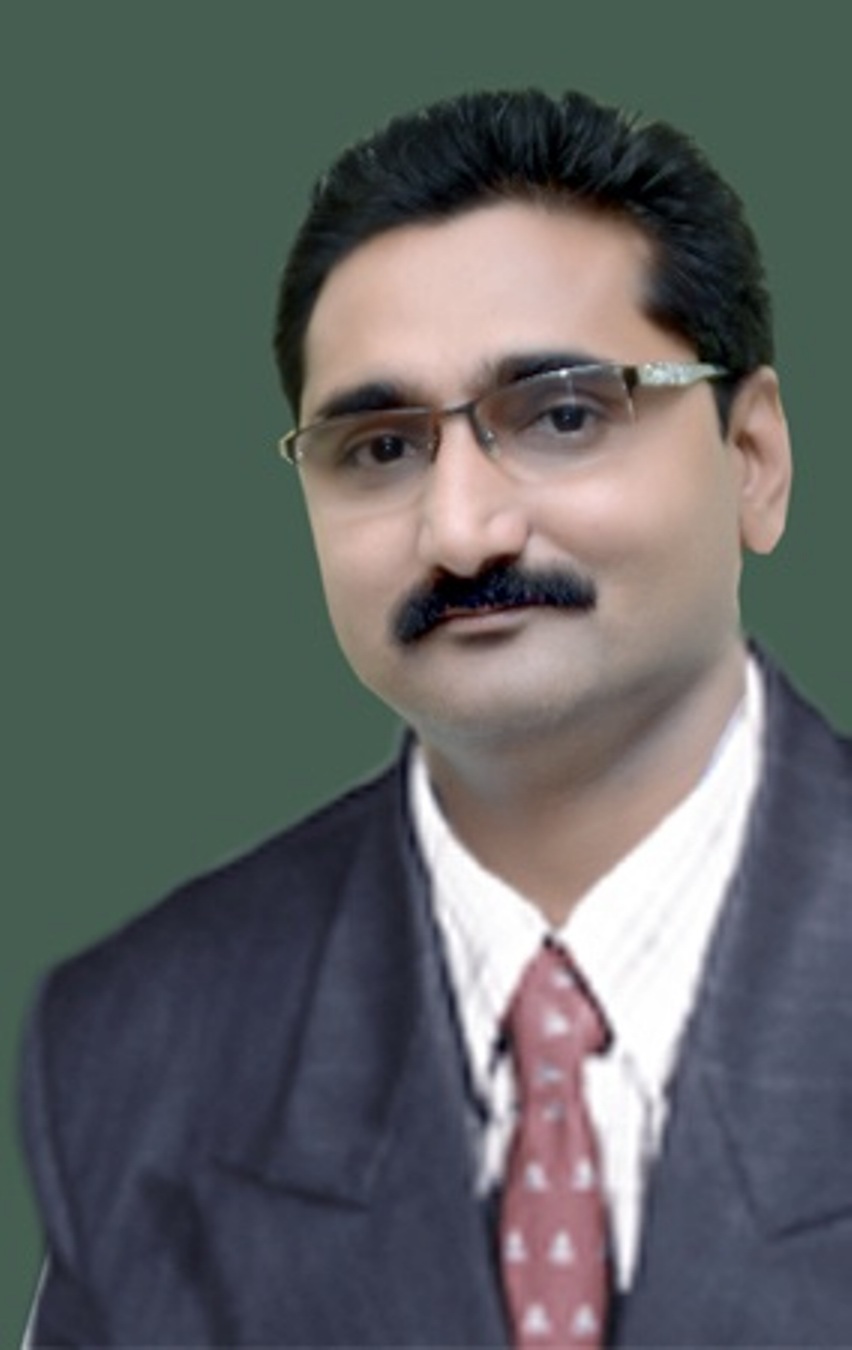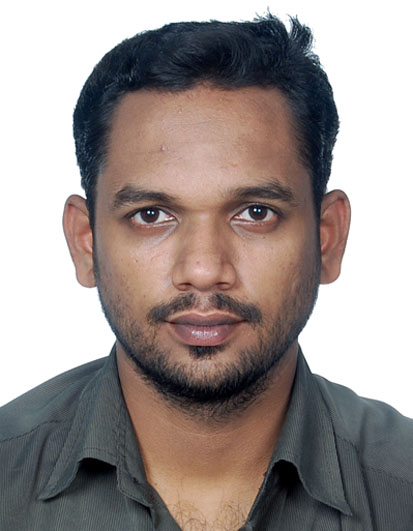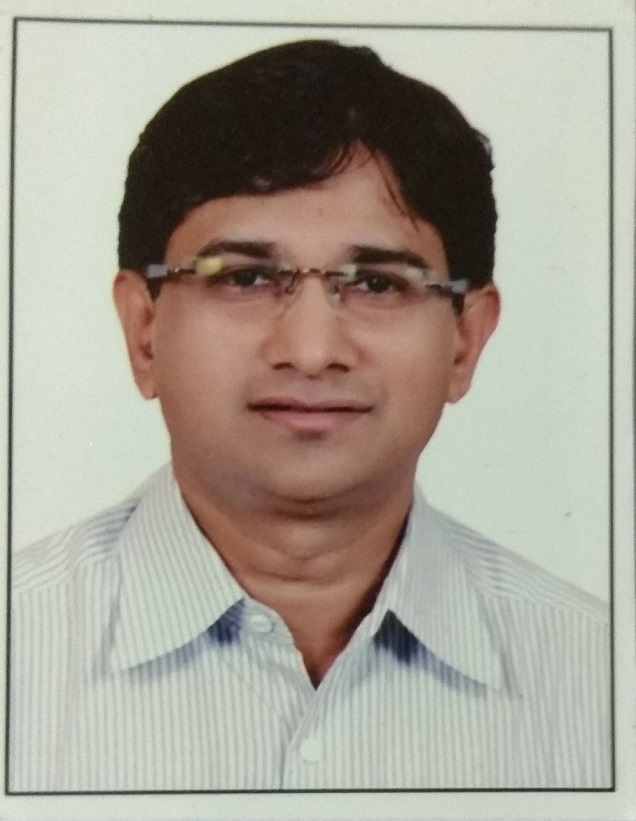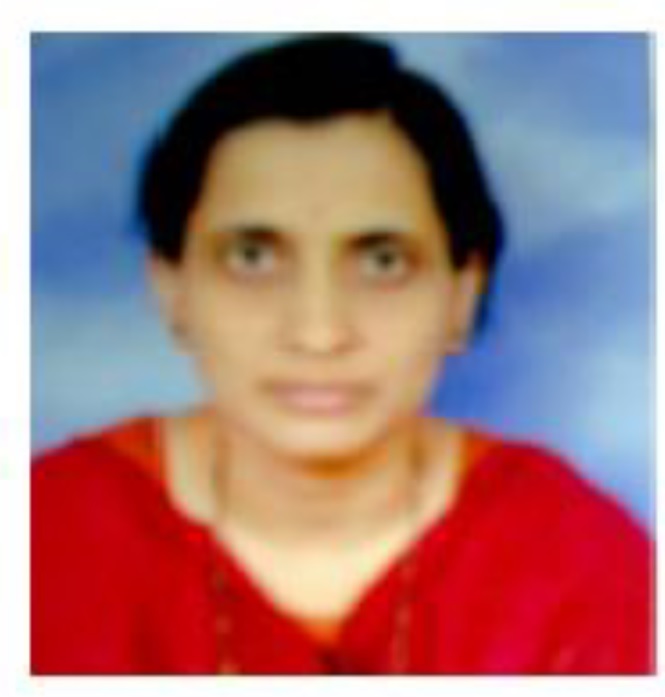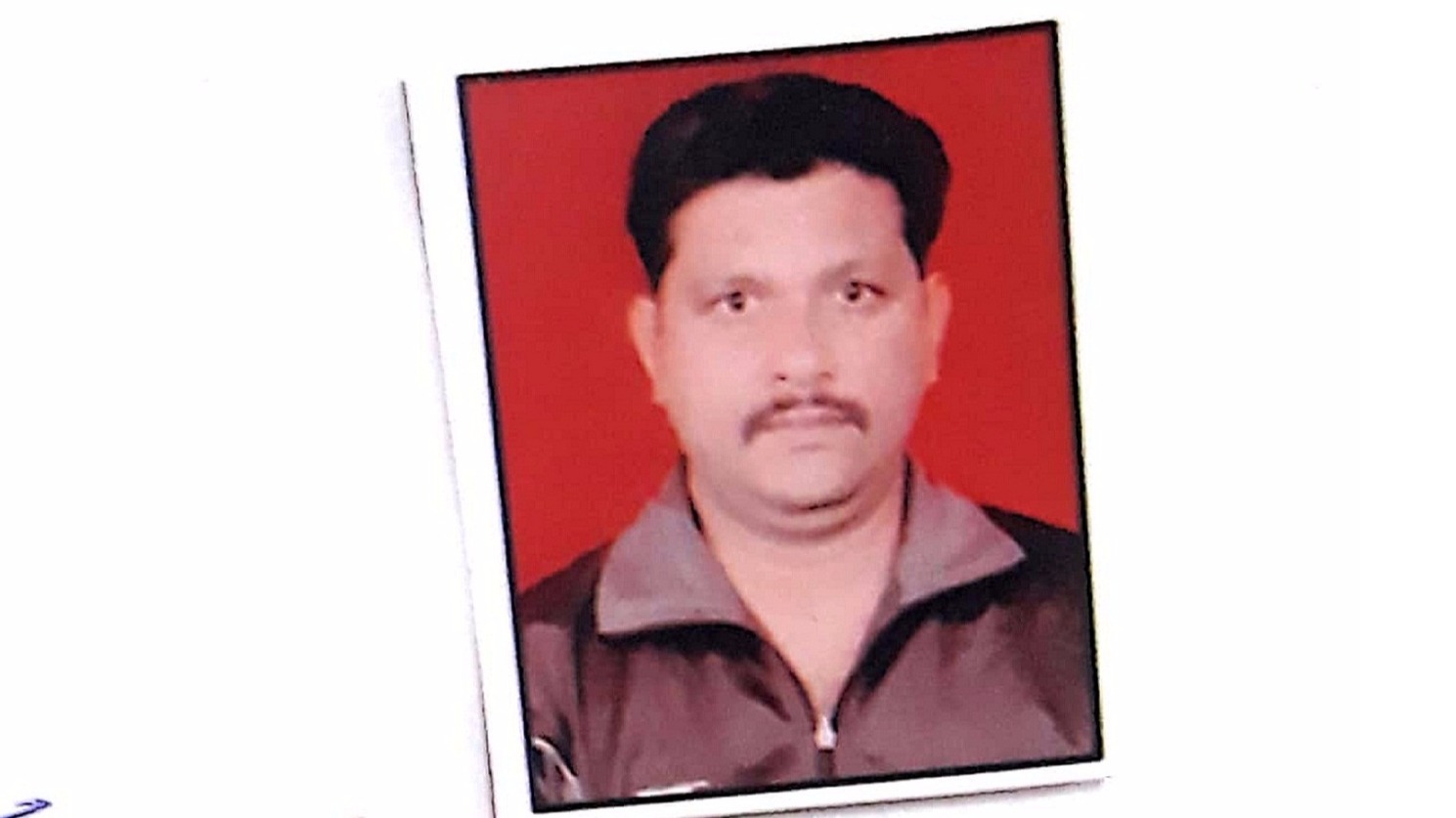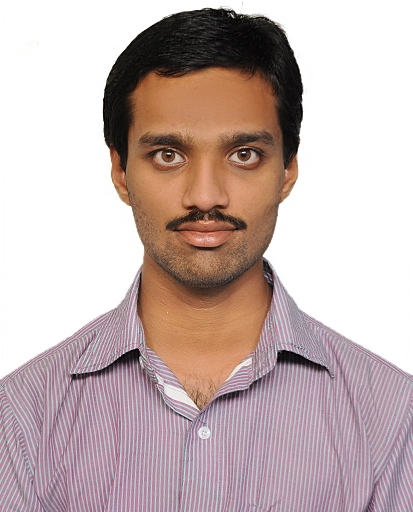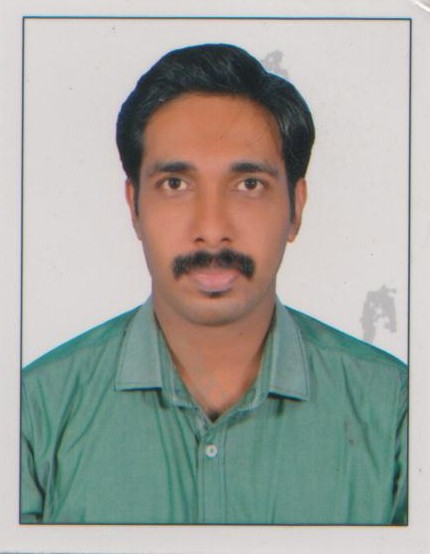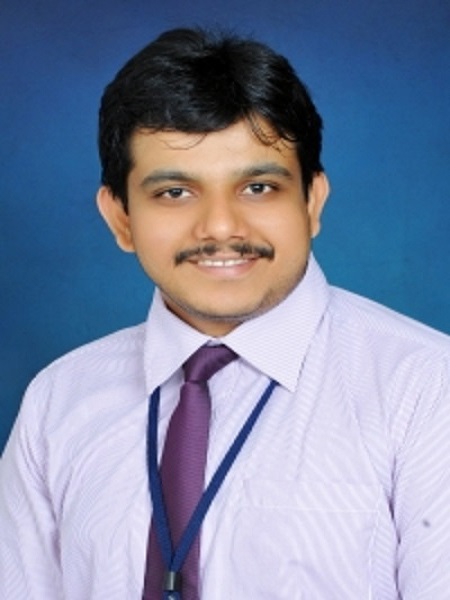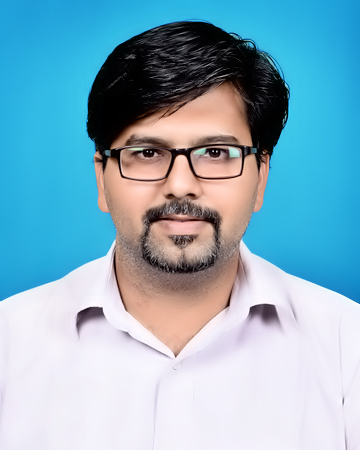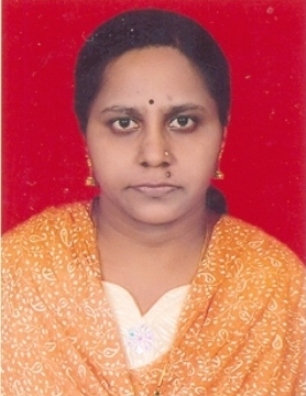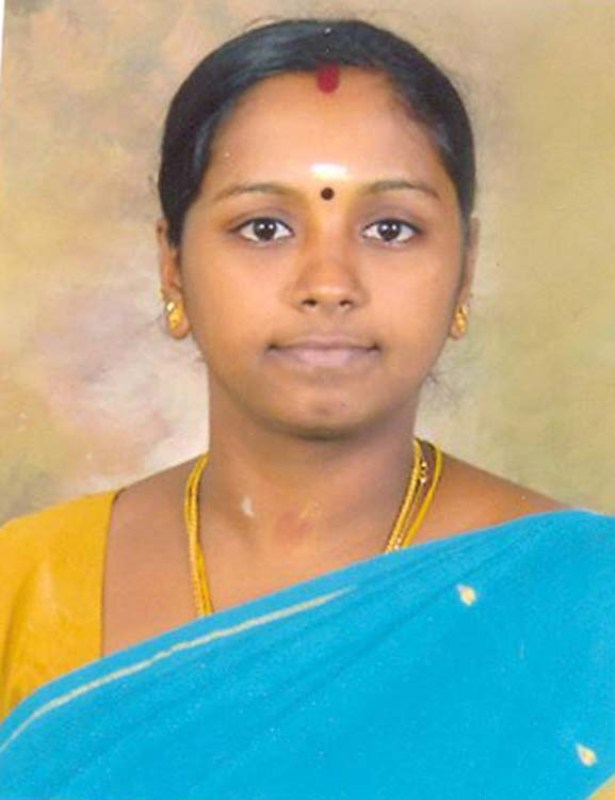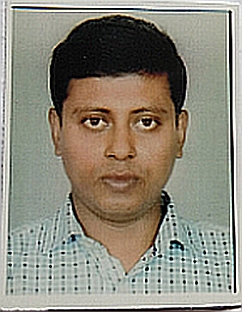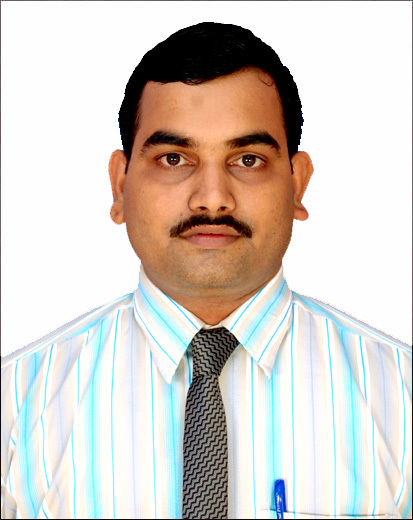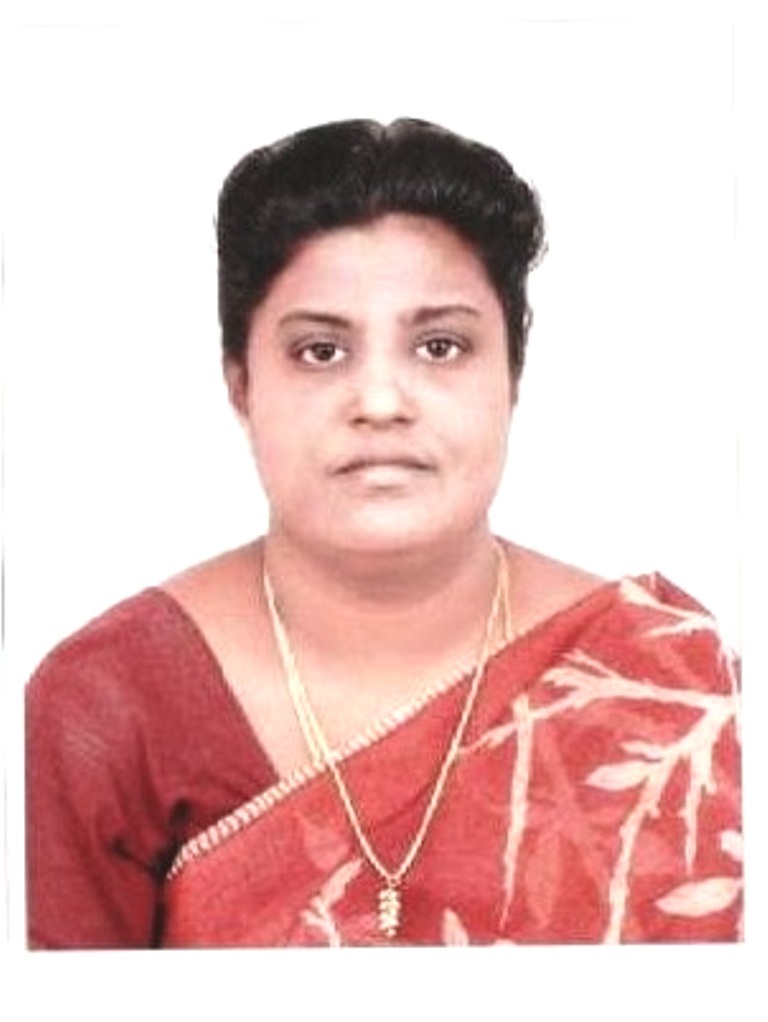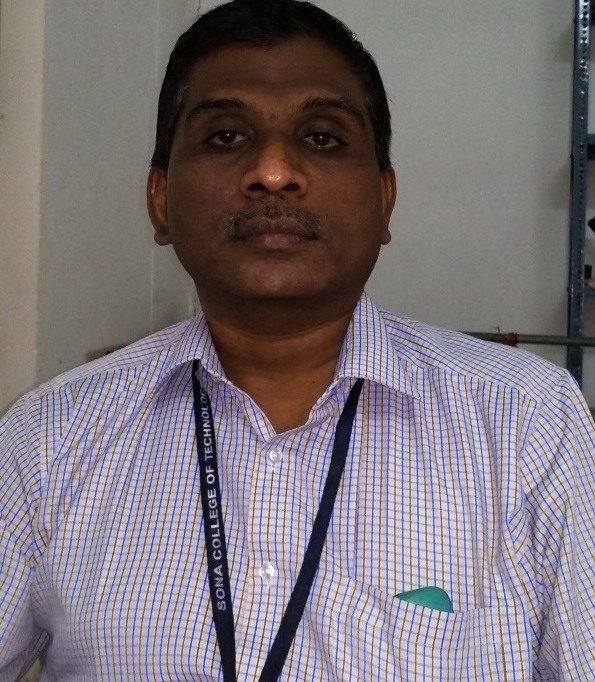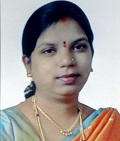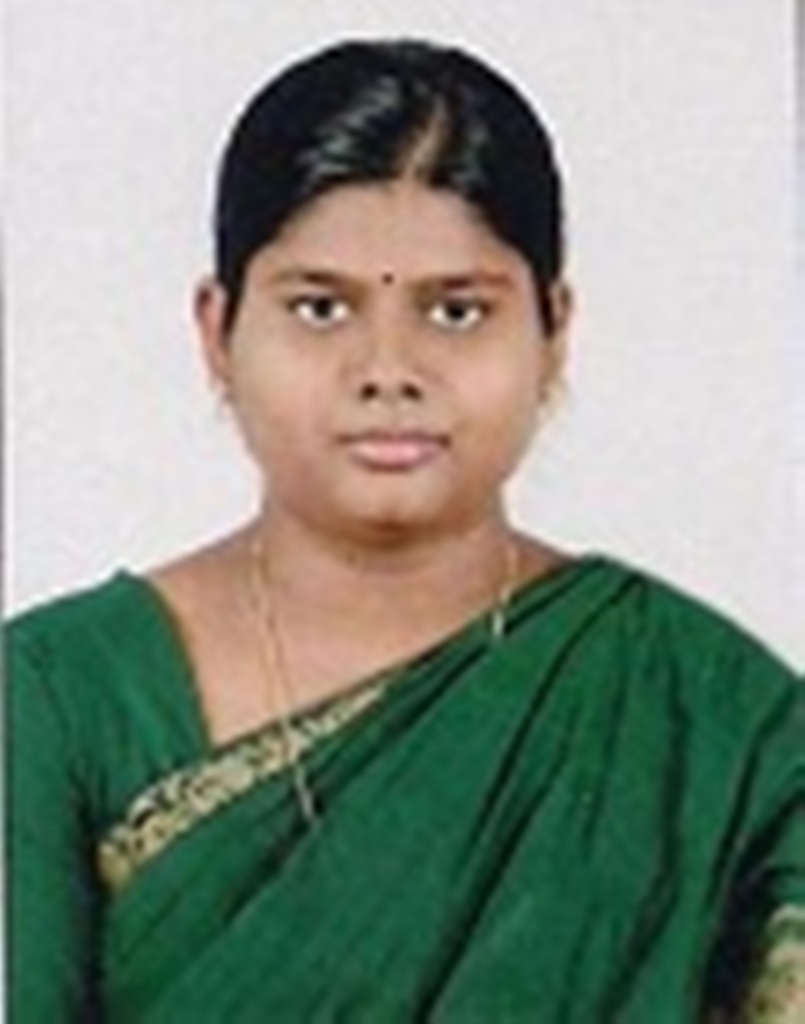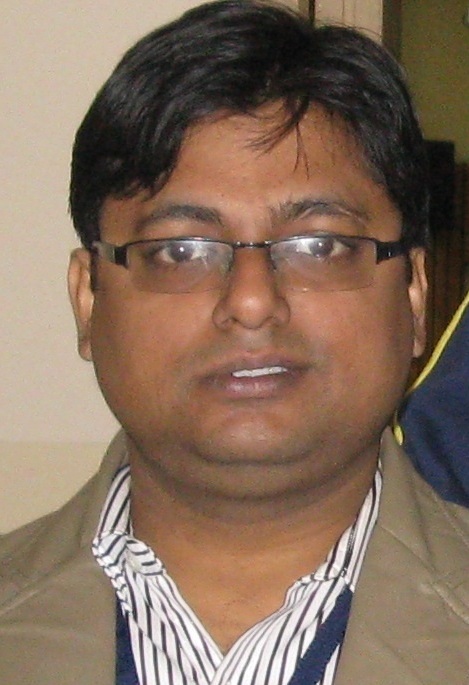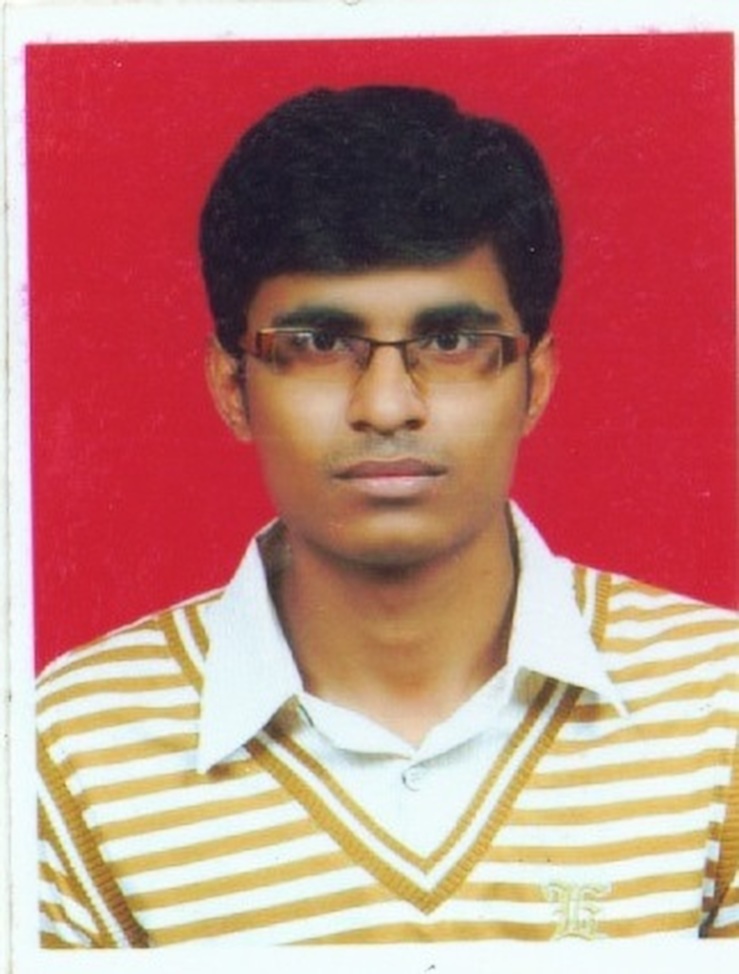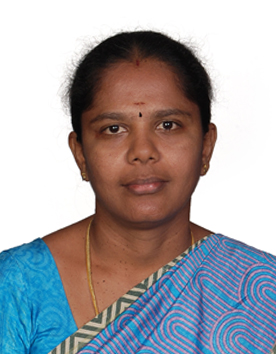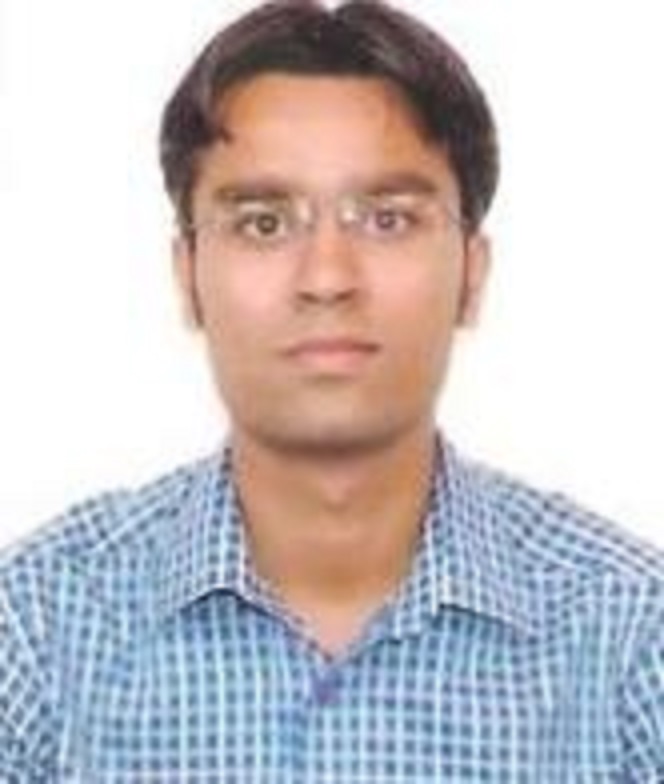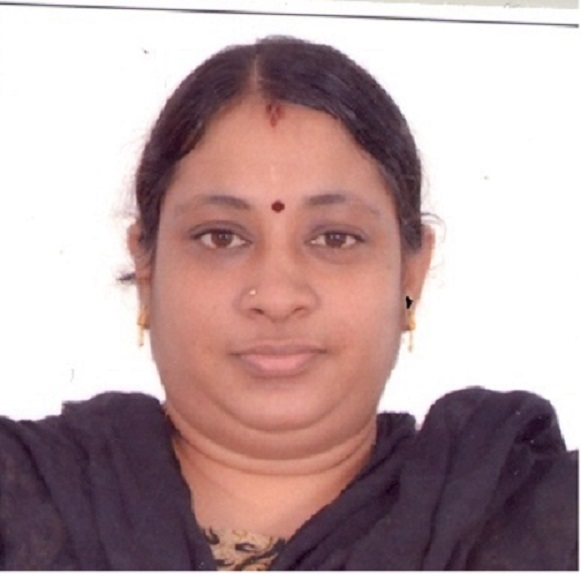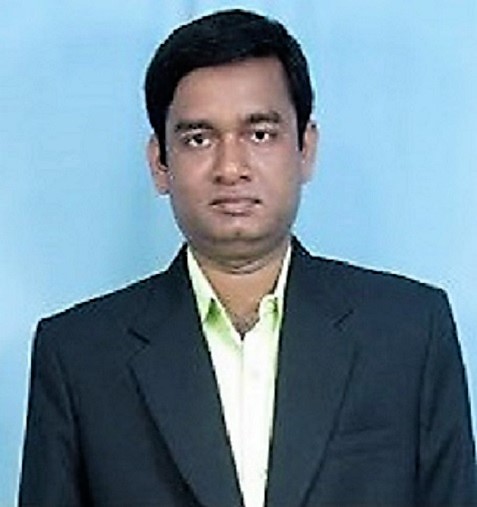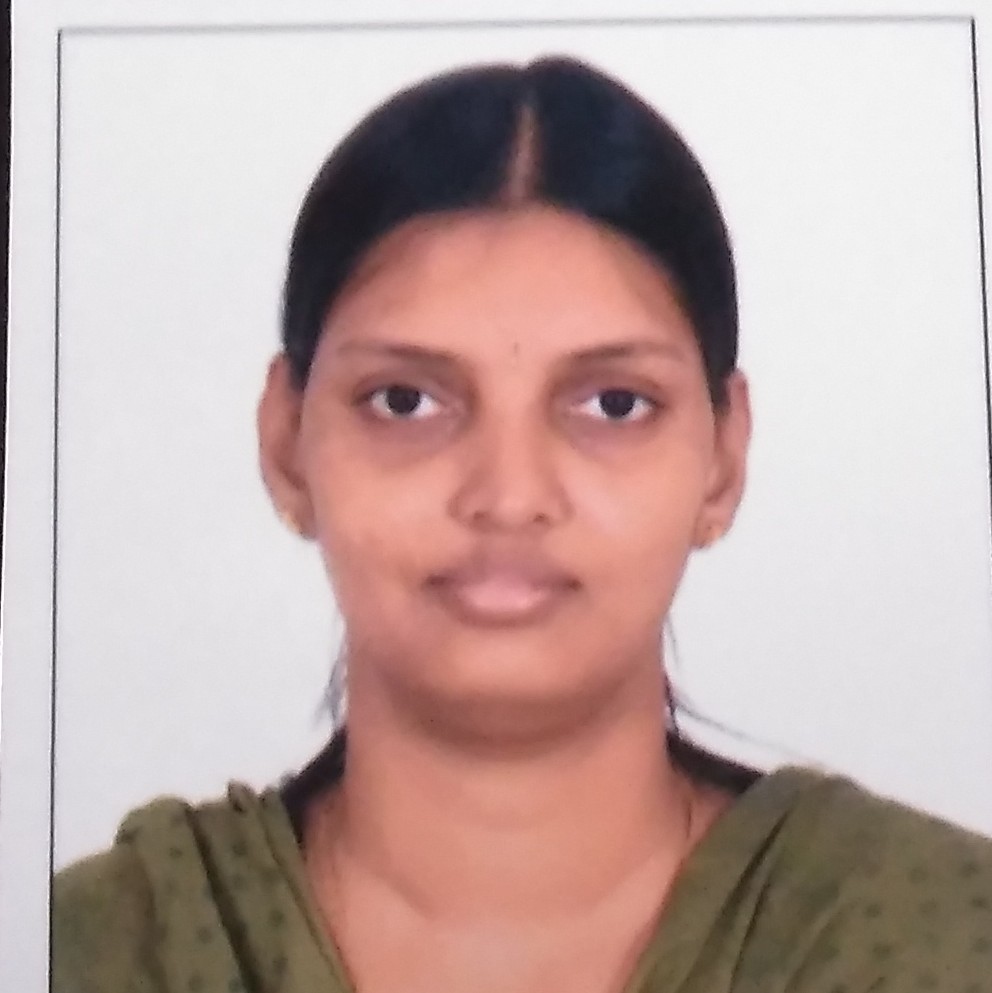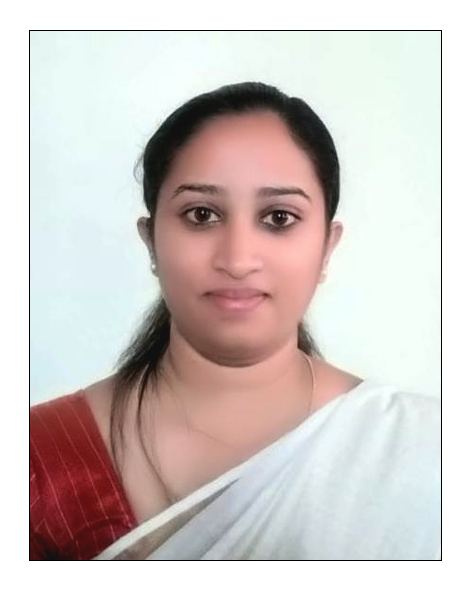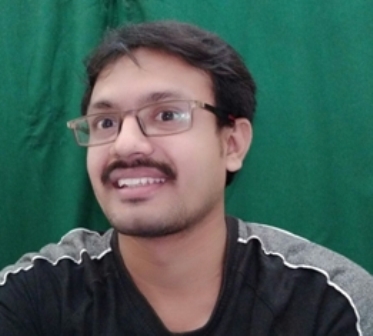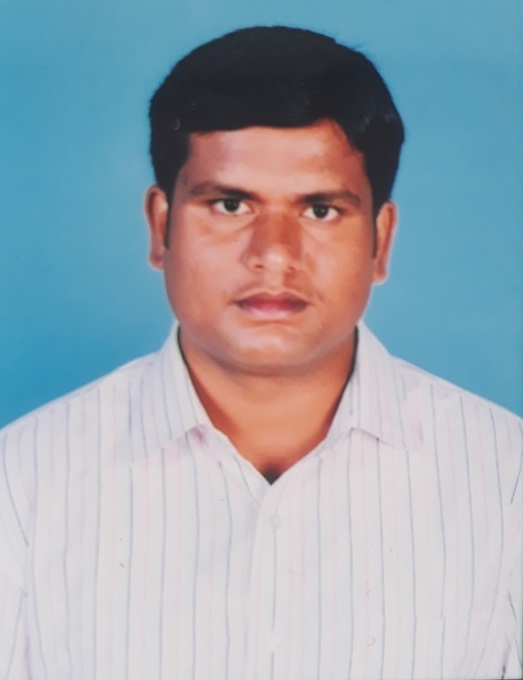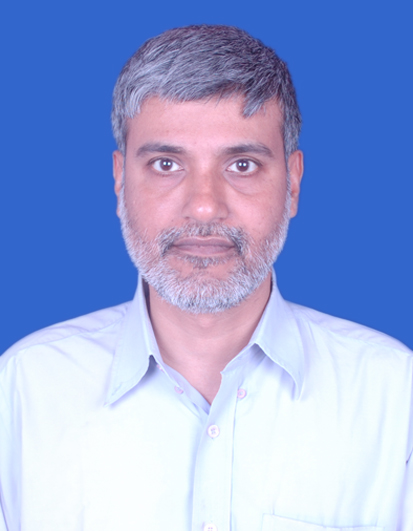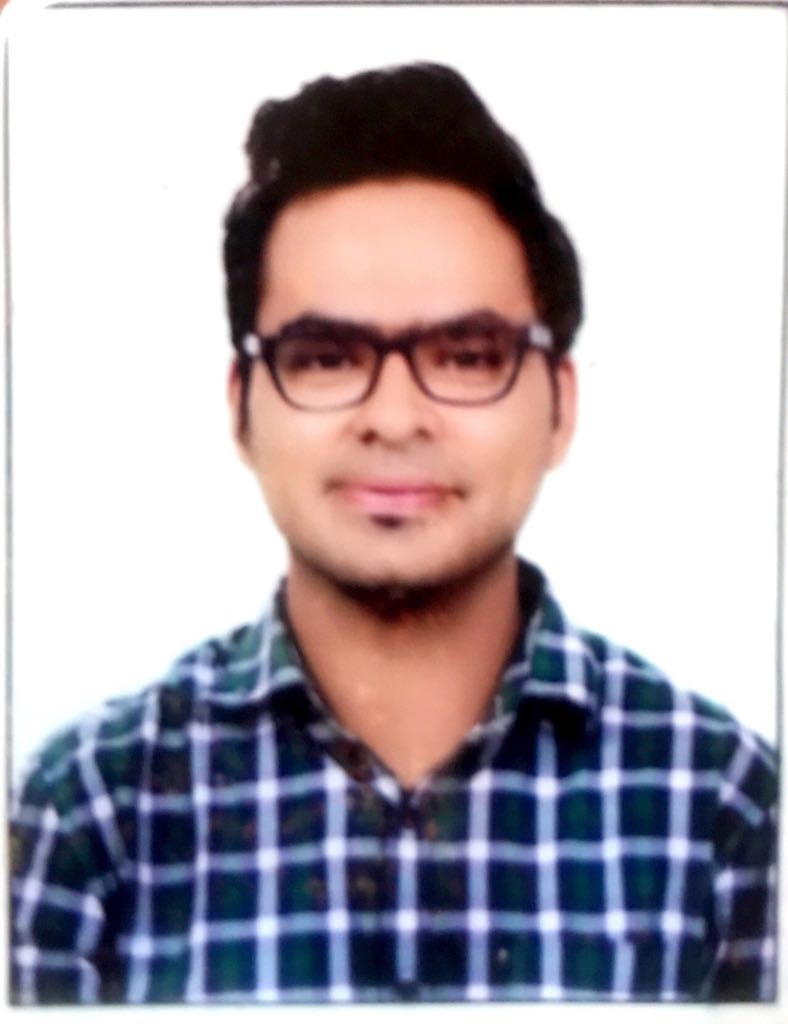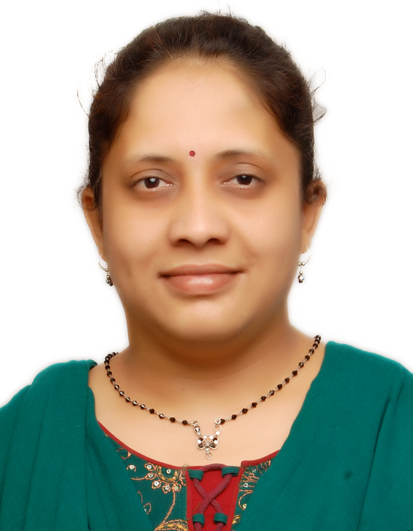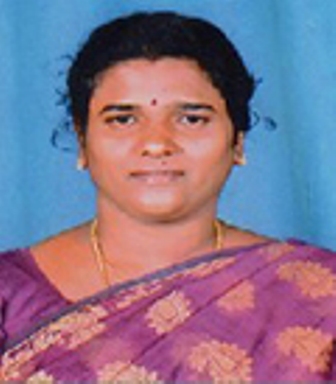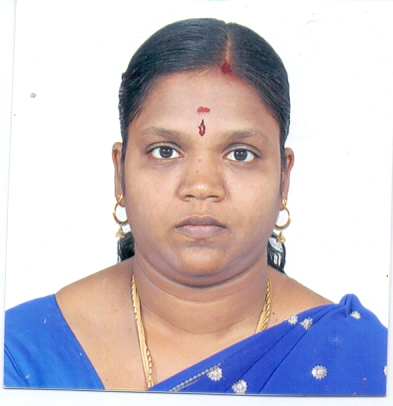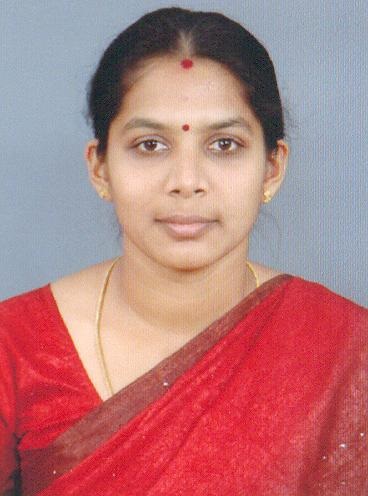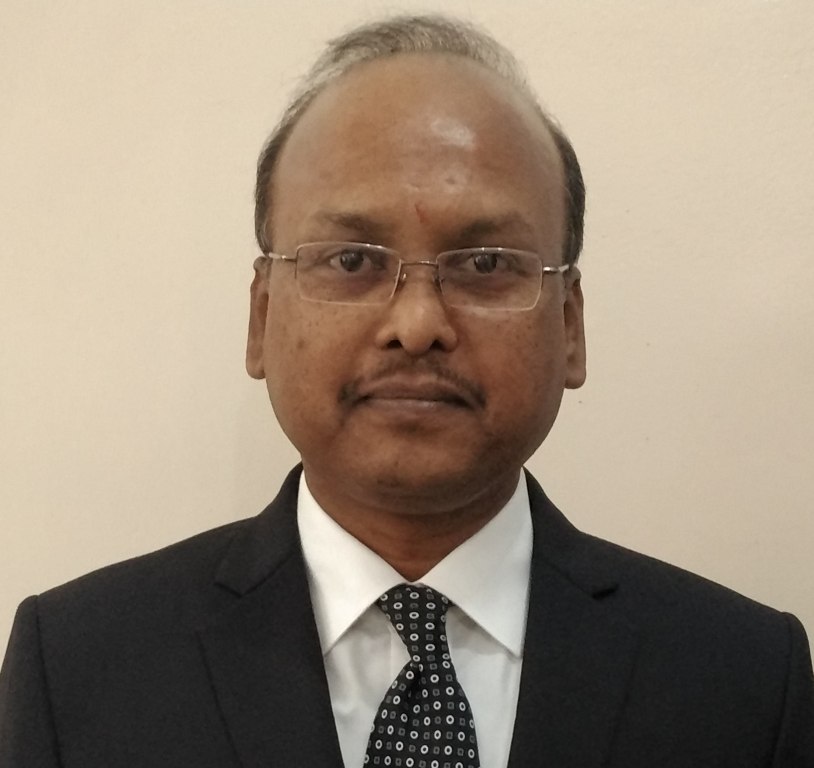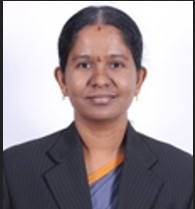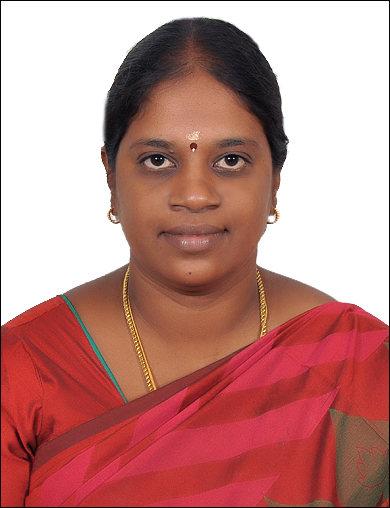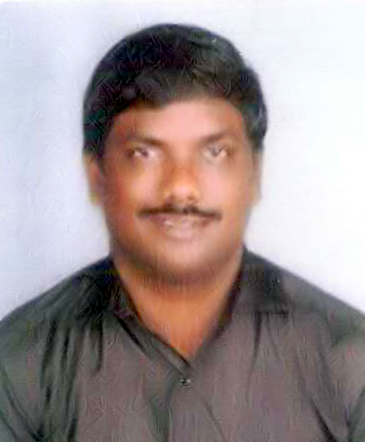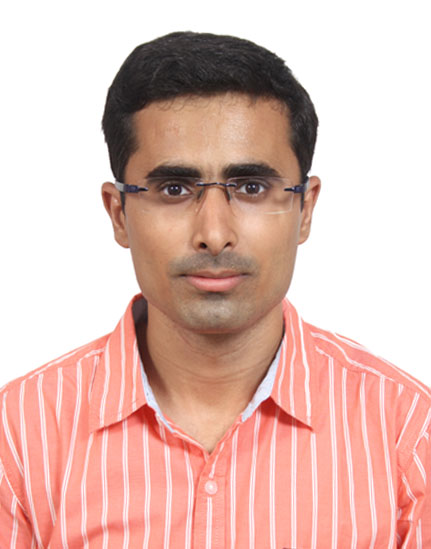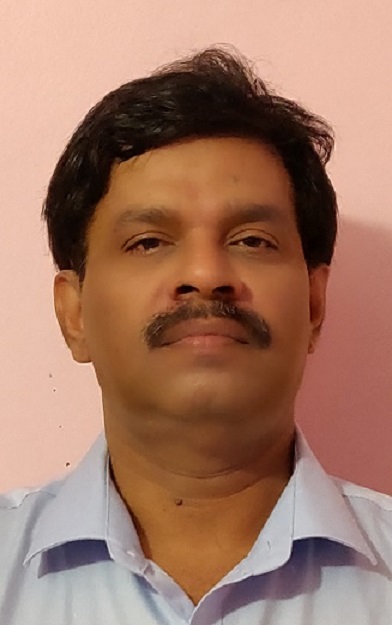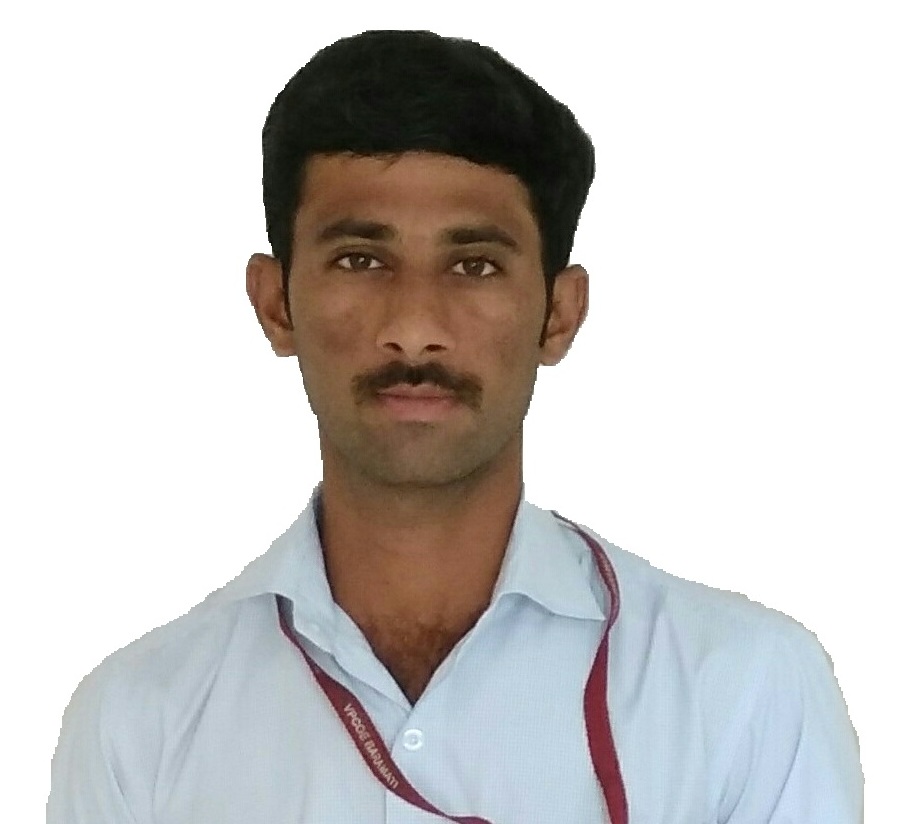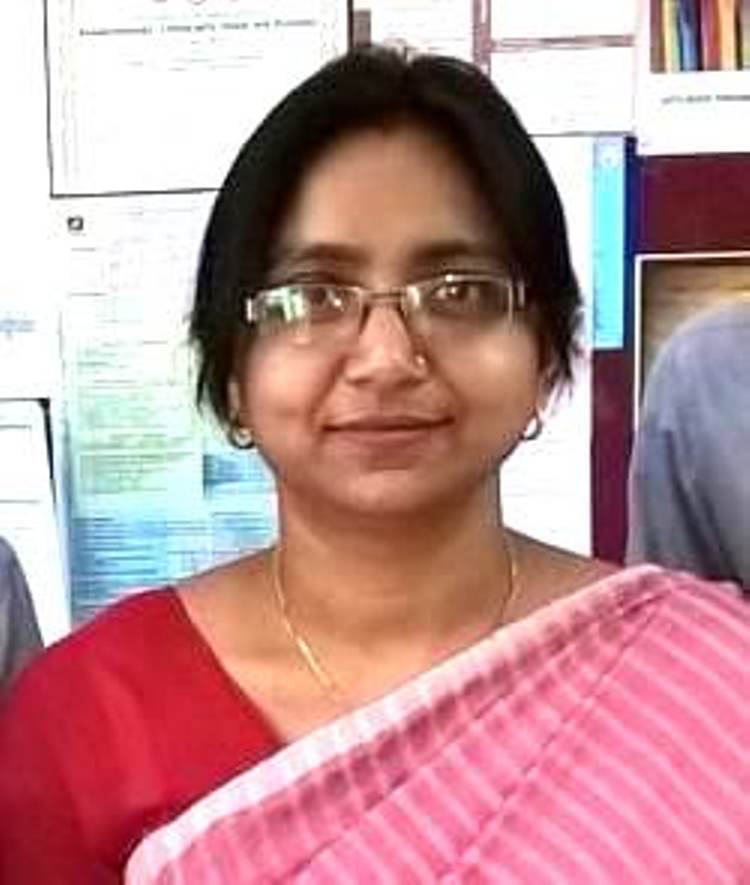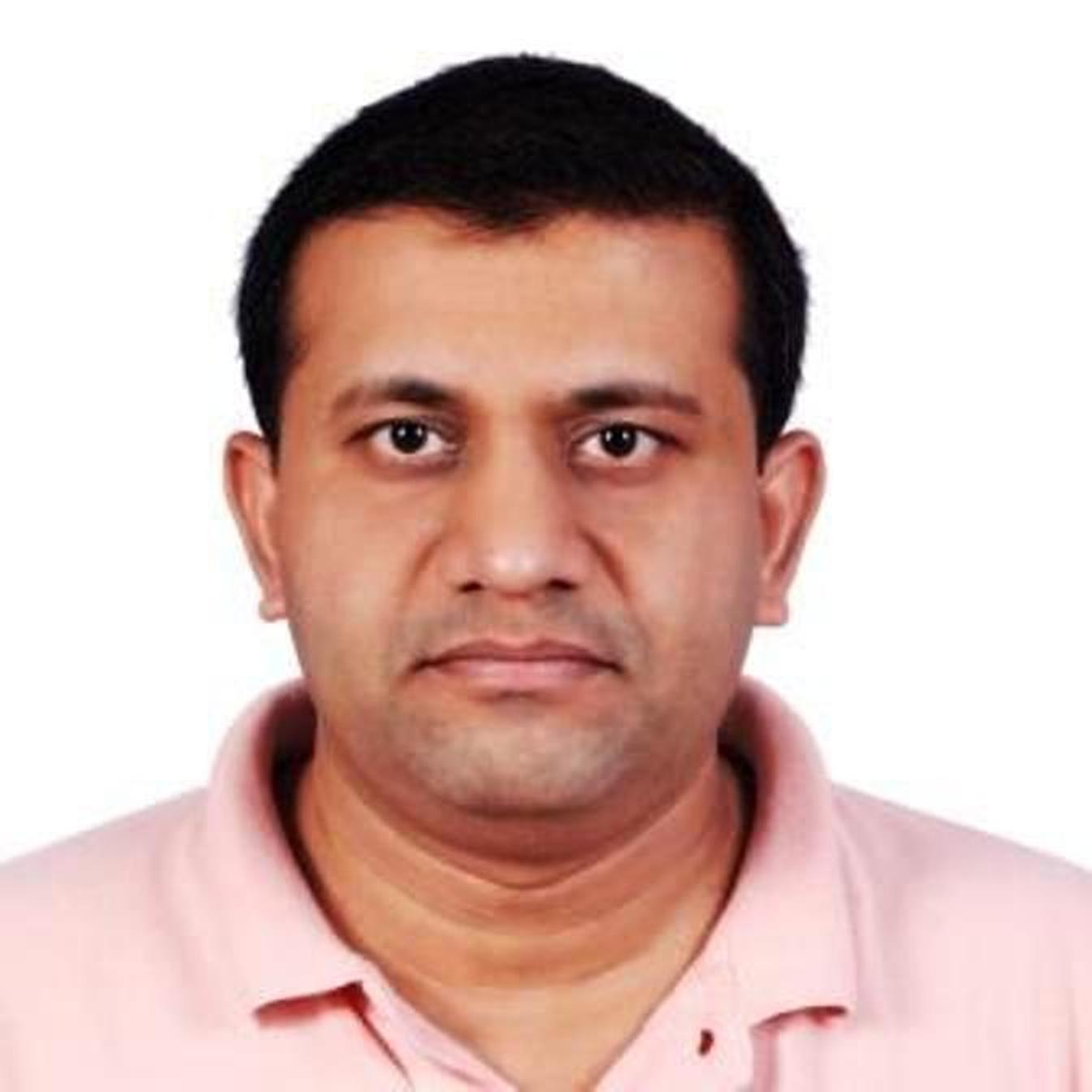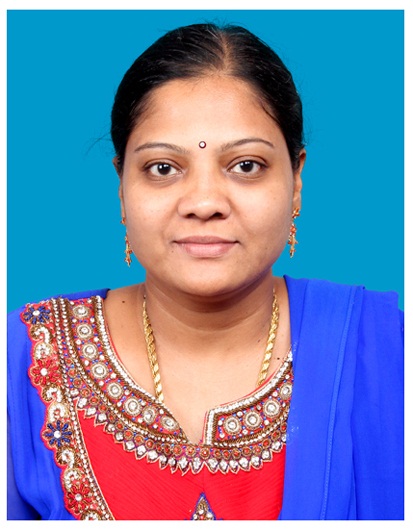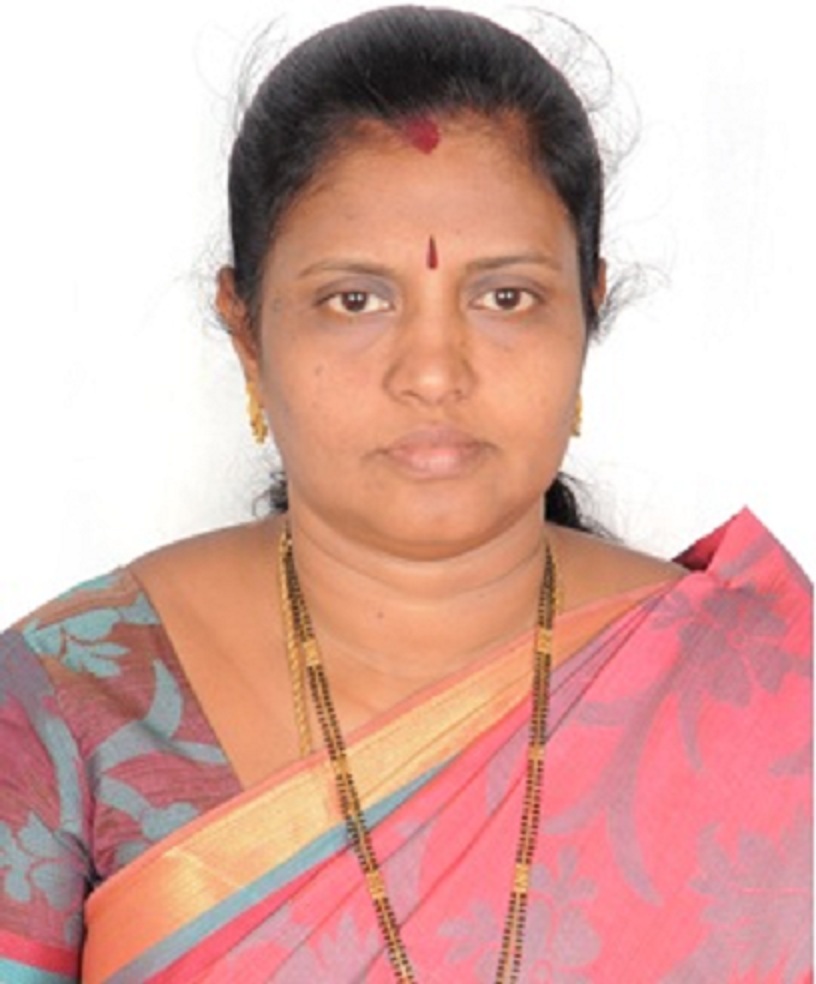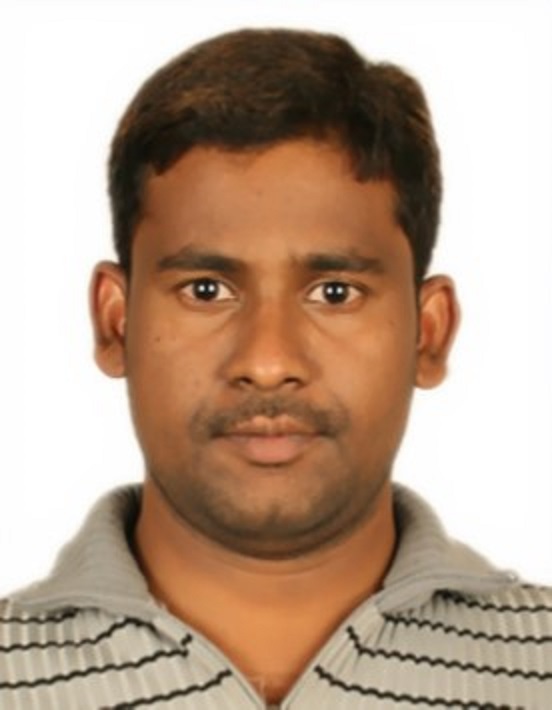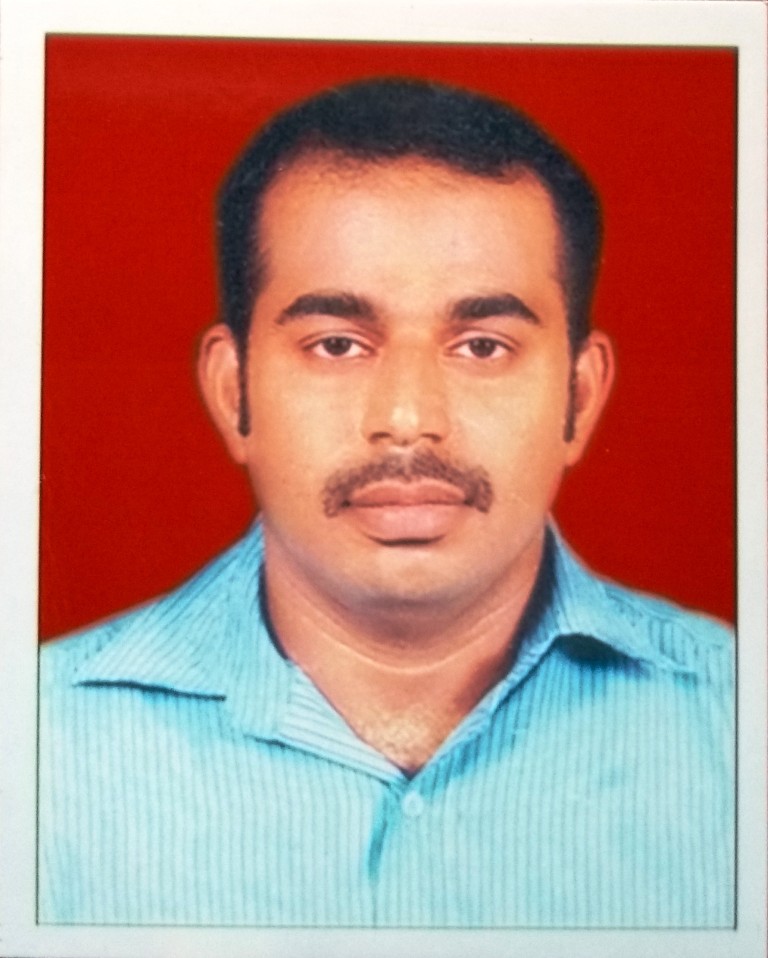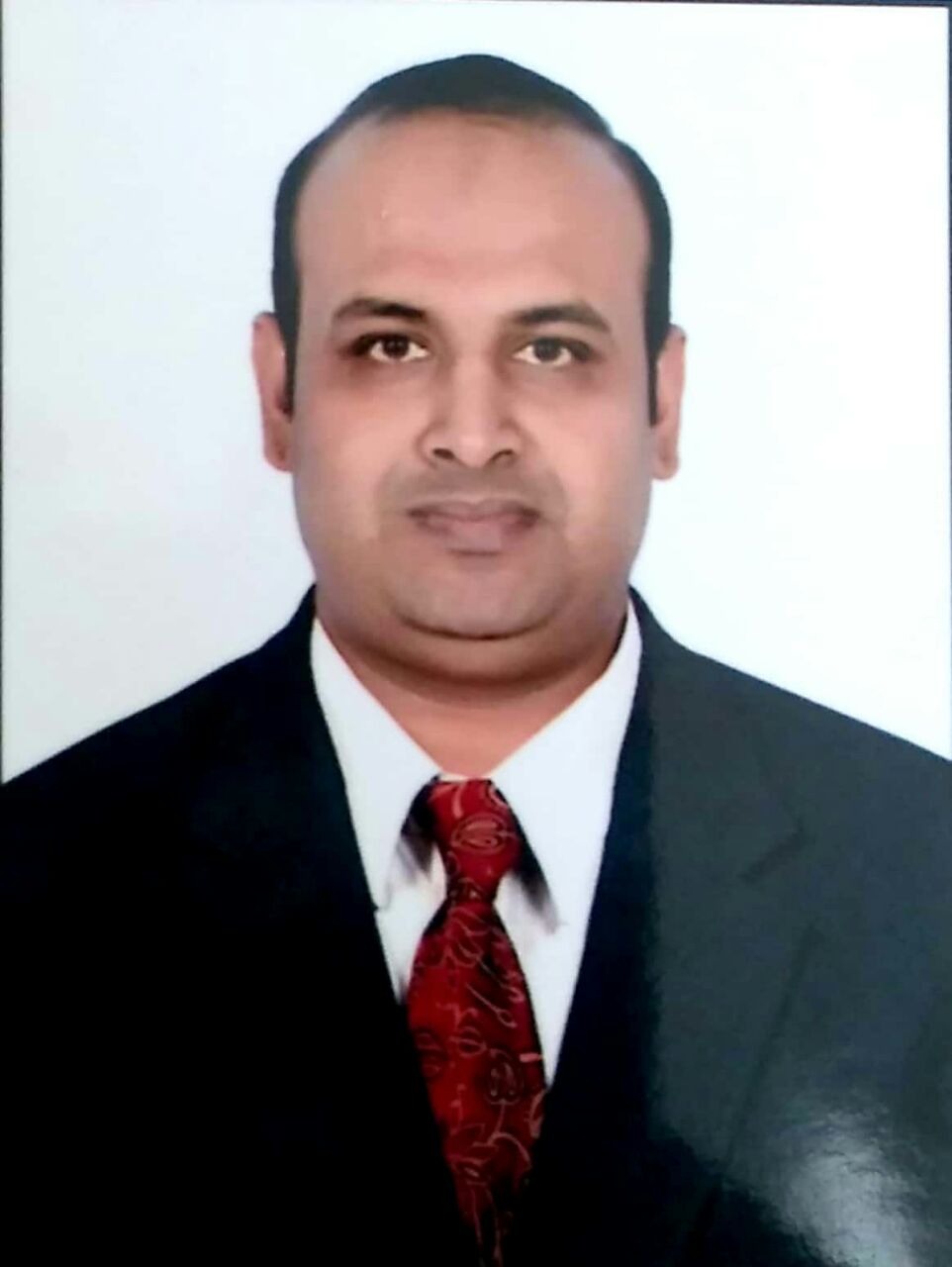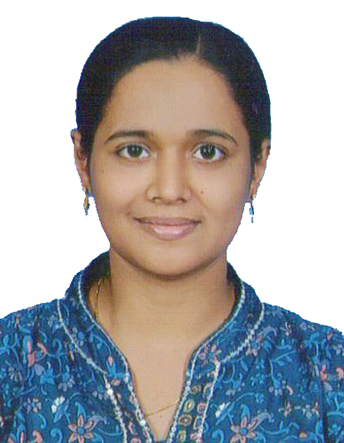Course abstract
Globalisation, changing demographics and technological advancements are some of the key driving forces of the future. Our students will have to be prepared to face these challenges and seize the opportunities brought about by these forces. In Twenty-first Century Learning, students use educational technologies to apply knowledge to new situations, analyze information, collaborate, solve problems, and make decisions. Twenty-first century education structured should be outcome based which developed certain critical core competencies such as collaboration, digital literacy, critical thinking, and problem-solving, self learning. The curriculum should incorporates higher order thinking skills, multiple intelligences, technology and multimedia, communication skill and self learning methodology along with authenticated scientific assessments and evaluation. Curriculum should provide direction so that student can learn by themselves and work both independently and interdependently. The curriculum and instruction are designed to challenge all students, and provides for differentiation. So the curriculum is not a syllabus or textbook-driven or fragmented, it should be set of Specific, Measurable, Appropriate, Challenging but Achievable educational objective or Skills (outcome) which students will be acquire at the end. Evaluation of student achievement can be made more valid and reliable as the benchmark of achievements is explicitly stated.
Course Instructor

Prof. Shyamal Kumar Das Mandal
Prof.S.K.Mandal was born on October 1975; He received the B.E degree in Electronics and Telecommunication engineering in 1998 and Ph.D degree in 2007 from Jadavpur University, India and currently working in Indian institute of Technology Kharagpur as an Assistant Professor. His current research interests include automatic speech recognition, speech synthesis, and computer assisted spoken language acquisition.
More info
Teaching Assistant(s)
No teaching assistant data available for this course yetCourse Duration : Aug-Sep 2018
View Course
Enrollment : 18-Apr-2018 to 27-Aug-2018
Exam registration : 25-Jun-2018 to 28-Aug-2018
Exam Date : 28-Oct-2018
Enrolled
4229
Registered
1271
Certificate Eligible
966
Certified Category Count
Gold
1
Silver
0
Elite
515
Successfully completed
450
Participation
143
Enrollment Statistics
Total Enrollment: 4229
Assignment Statistics
Feedback Videos
Exam score
Final score
.jpg)
.jpg)
.jpg)
